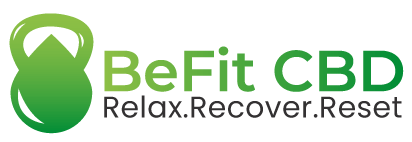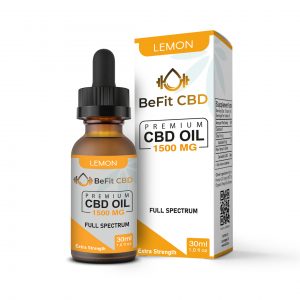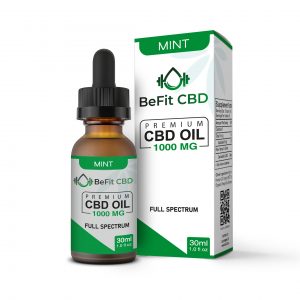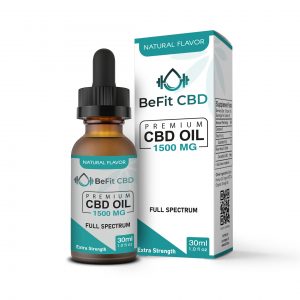Debunking 6 Misconceptions about CBD
Sure, CBD is all the range. From TV documentaries to viral social media stories, even cave dwellers should know a thing – or two – about CBD oil.
Currently, CBD has the world’s attention for its many purported health gains.
But what if all you knew about CBD are but mere fallacies? Yes, CBD may not be precisely all you hear and read about.
For instance, many literatures say “CBD is non-psychoactive.” What if I told you CBD is actually psychoactive?
Shocked?
Don’t be. Read on as we quickly correct some wide-spreading misconceptions about the cannabinoid compound:
Myth #1. CBD is therapeutic, THC is recreational
You’ve probably been told while CBD offers some acclaimed health benefits, THC is the bad guy and only for the fun-seeking recreational users.
Not exactly.
Research underway has shown that both CBD and THC contain properties that bind with the brain receptors to modify certain body functions including, sleep, appetite, mood, etc.
What breeds this misconception is that while CBD may influence certain behaviors without any intoxicating effect, THC leaves users high.
Fact is, CBD can be used for recreational TOO. Vaping is one typical way people dose on their CBD for recreational purposes.
So, THC and CBD both come handy for recreational purposes. But while the former leaves you stoned, the later don’t.
Myth #2. The higher the dose, the better
Higher doses mean higher effect. This claim may seem logical, but it isn’t so applicable to CBD doses.
Some studies, however, show CBD proved more effective with low doses. In fact, CBD may produce the opposite effect in high doses.
Myth #3. CDB makes you sleep
No.
CBD is in itself non-sedative, but rather alerting. Ongoing research says CBD may counter the seep-inducing effect of THC and keep you awake longer. Even in high doses, heathy subjects may not notice dizzy eyes.
However, some CBD extracts may contain sedative terpenes such as myrcene.
Myth #4. CBD is non-psychoactive
Not true.
While CBD may be non-intoxicating, it is psychoactive. Yes, CBD, research says, can alter users’ mood – at least, to an extent.
For instance, some users alleged they felt all-round relief after dosing on CBD. This may be a function of its widely acclaimed mind-altering potential.
It is, therefore, more correct to say:
‘CBD does not give the same psychoactive result as THC’
or better still
‘CBD is non-intoxicating.’
So, while CBD won’t get you stoned, it may alter one’s psyche.
Myth #5. CBD is legal in ALL American States
Not exactly.
The 2018 Farm Bill, which decriminalizes hemp plant below 0.3 percent THC, is no news. But, this does not mean CBD is legal across all US states.
Why so?
Each state reserves the power to establish specific laws and rules regarding the compound. While some states allow CBD for both medical and recreational intents, some allow for either purpose.
Yet, states including Nebraska, South Dakota, and Idaho prohibit CBD, whether for medical or recreational purposes.
Hence, before you consider CBD, ensure you check what your local laws first.
Myth #6. CBD is therapeutic
Says who?
Although everyone sings CBD’s good songs, available data are grossly inadequate to lay substantial claims about the compound.
While ongoing research seems promising, data so far are inadequate to make claims. The FDA has warned against CBD health benefit claims, as they are but inspired by anecdotal evidence and reports from inconclusive research.
Now you know better, don’t stop spreading these CBD truths!

 FREE SHIPPING ON ALL PRODUCTS
FREE SHIPPING ON ALL PRODUCTS


